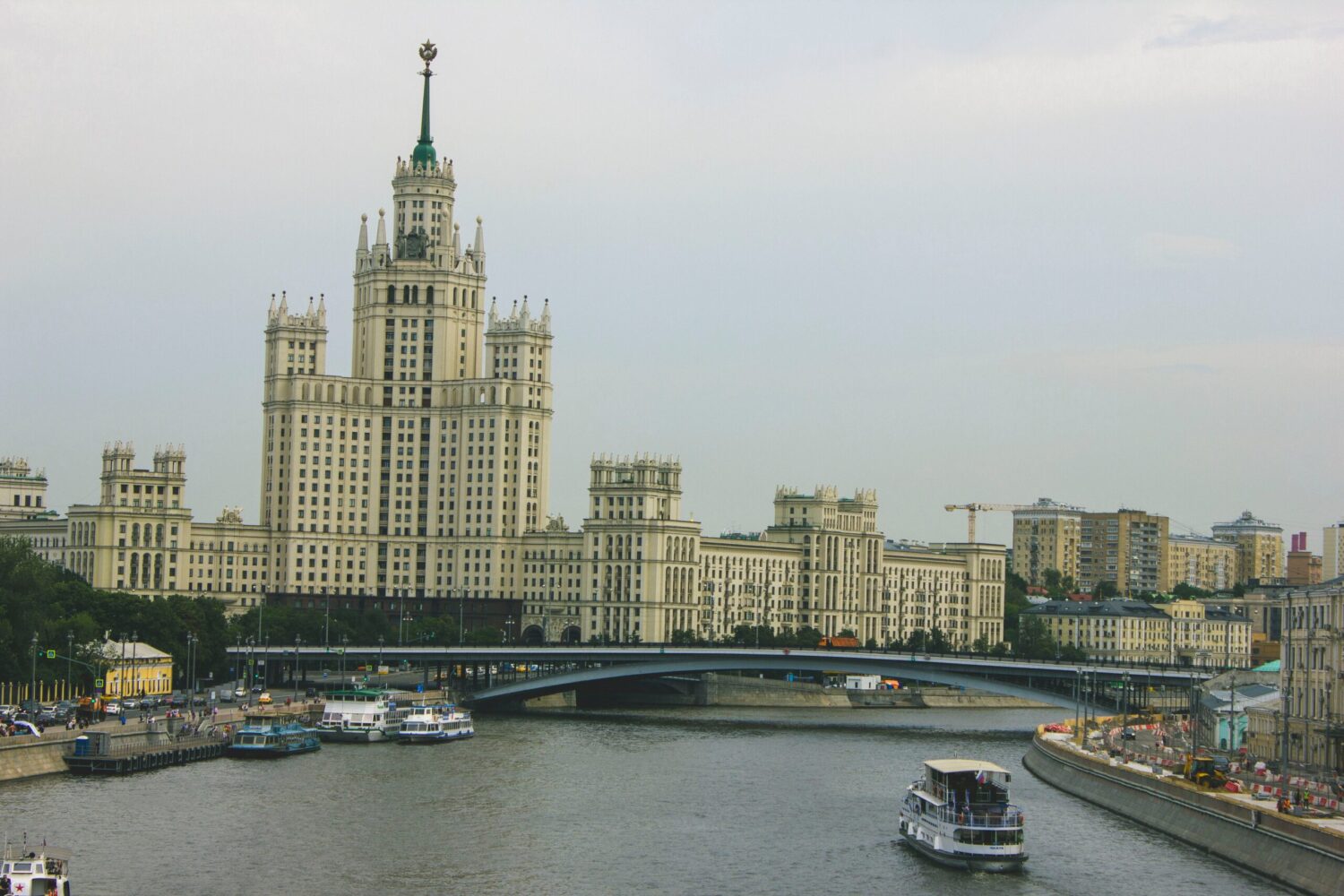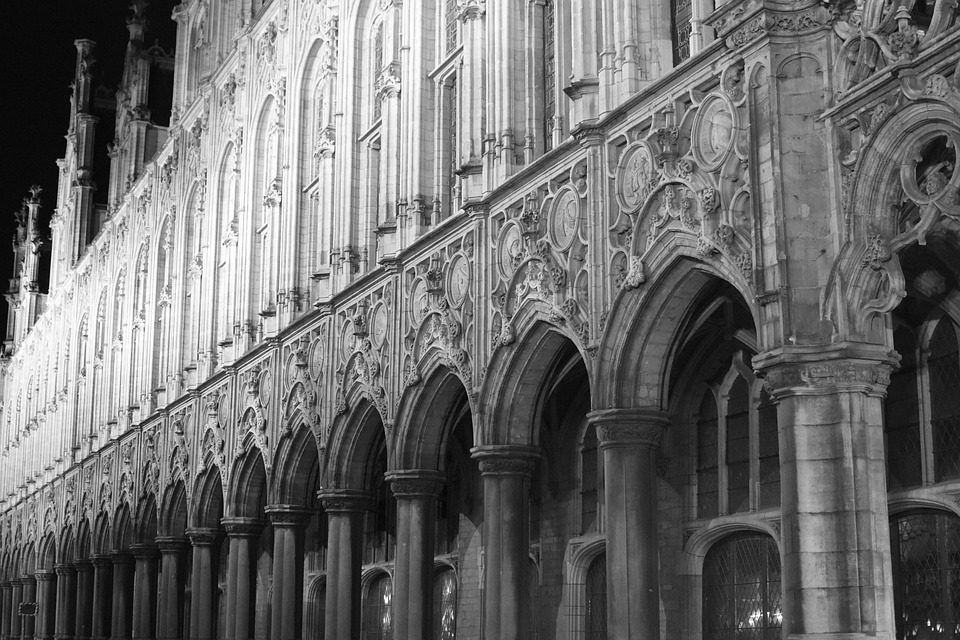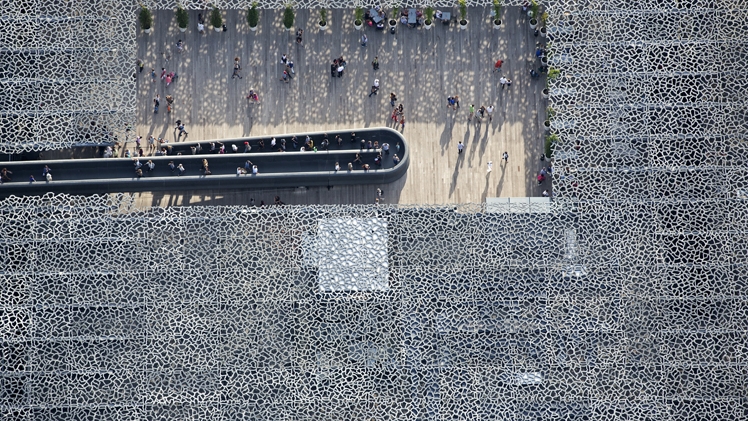In a recent interview conducted with UN News, she emphasised the significance of her report and its purpose, holding to account one of the five permanent members of the UN Security Council.
“It is unique that for the first time” one of the ‘P5’ permanent members of the Security Council has been subject to monitoring by another major UN body, the Human Rights Council, having just created the mandate of the Special Rapporteur on the situation of human rights the previous year, she said.
Civil society ‘completely destroyed’
The report describes in detail how the human rights situation in Russia began to deteriorate 20 years ago. It highlighted Russia’s persecution of anti-war demonstrators, torture of detained activists and opposition figures, and the targeting of lawyers who defend these groups.
Russian journalist and prominent opposition activist Vladimir Kara-Murza, who is imprisoned in the Russian Federation.
The human rights situation has “gradually deteriorated” over the past 20 years, from the two Chechen wars, and then, after the full-scale armed attack on Ukraine in February last year, the human rights situation has “deteriorated dramatically,” said Ms. Katzarova.
The main “tragic finding is that civic space in the Russian Federation has been destroyed completely” she told UN News.
Refusal to cooperate
Ms. Katzarova’s access to the country has been restricted by the Russian Government, although this has not stopped her from collecting information from almost 200 sources both inside and outside Russia, including human rights activists, political activists, opposition voices and journalists.
Ms. Katzarova expressed hope that Russian authorities will allow her to visit the country soon. She also expressed a desire to communicate not only with representatives of civil society, but also with Government officials and officials working in the justice system.
She said she hoped the Russian authorities will change their minds and begin to communicate “with my mandate”, because “I’ve been appointed to help the authorities, as any other special rapporteur of the United Nations, we are there to assist”.
She said she had also contacted the Commissioner for Human Rights, Ms. Moskalkova as her role exists separately from the Government.
She was keen to have her input for her report as the human rights ombudsman, since the Russian people can turn to her with their complaints. “Unfortunately, she did not answer”, said the UN independent expert.
Russians abroad
According to the expert, part of her job is to serve the Russian people, to give them the opportunity to be heard, amidst the current climate of general isolation.
She recalled that many Russians left the country to avoid mobilisation or persecution for ideological and political reasons. The governments of the countries in which these Russians settled should provide them with support, she emphasised.
As Russians now find it difficult to travel abroad, she said she had told representatives of other States, the European Union and Western governments to review the bans, as it “only isolates the people and serves the propaganda of the government…saying to the Russian people, well, the collective West does not like you because you’re Russian citizens.”
Fear of speaking out
The expert also emphasised that, given the numerous cases of persecution of media workers, human rights activists and lawyers, an atmosphere of fear has formed in the country.
Citizens are now afraid to express their opinions, in particular regarding the war.
“I don’t believe that all Russian people are supporting any war, and particularly this war on Ukraine. Mind you, a lot of Russians actually relate to a lot of Ukrainians. I mean, there are mixed marriages”, Ms. Katzarova recalled.
Special rapporteurs
UN Special Rapporteurs are independent experts appointed by the UN Human Rights Council to review situations in individual countries or global thematic issues. They are not employees of the UN, do not represent any other organisation or government, work in a personal capacity and do not receive a salary from the UN for their work.















